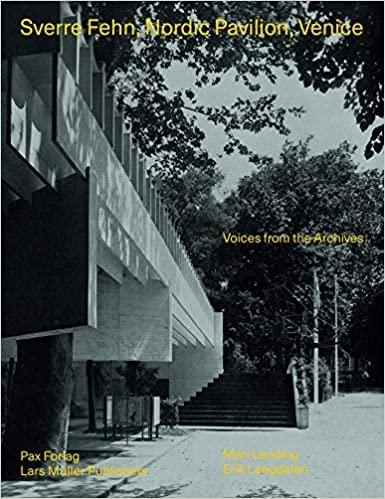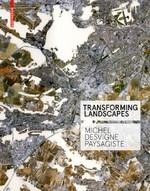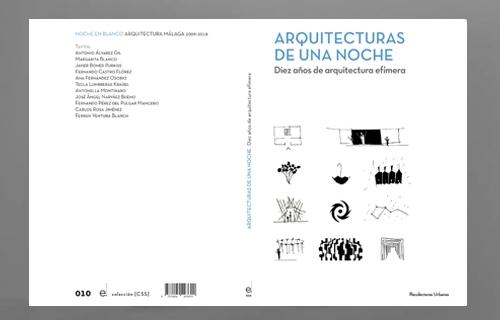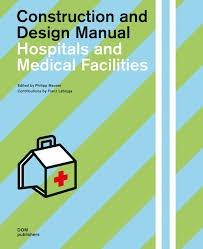LIVE CENTRE OF INFORMATION, THE. FROM POMPIDOU TO BEAUBOURG (1968-1971)
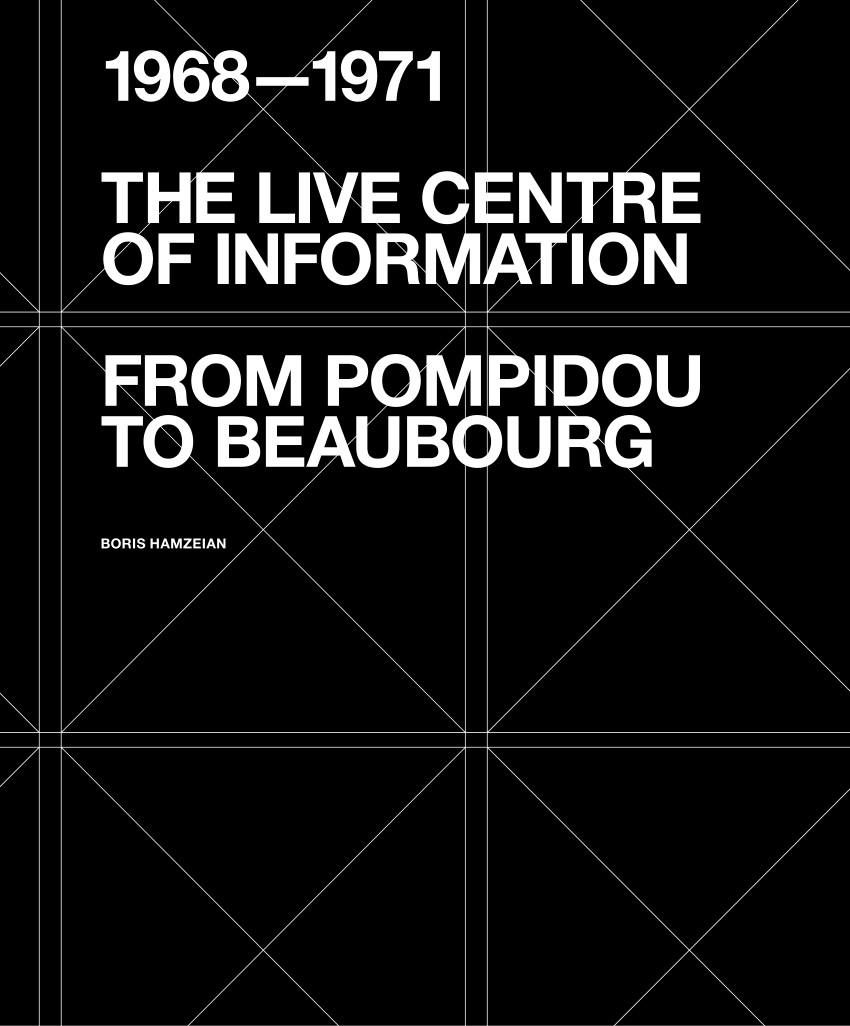
Autor/es
- EAN: 9781638400554
- ISBN: 9781638400554
- Editorial: ACTAR
- Año de la edición: 2022
- Encuadernación: Rústica
- Páginas: 336
- Materias:
proyectos y edificios
centros culturales, artes, interpretación
museos
francia: arquitectura y arte
Stock en Librería. Envío en 24/48 horas
pvp 40,00 €
When, on July 19, 1971, Jean Prouvé and Robert Bordaz unveiled the competition-winning design for the Centre Beaubourg in Paris, now known as the Centre national d'art et de culture Georges Pompidou, press and public reaction was harsh. The project architects, Renzo Piano, Richard Rogers, and Gianfranco Franchini, were considered 'unknowns'; its promoters, the engineers of the firm Ove Arup & Partners, were simply forgotten; the original idea of a 'Live Centre of Information,' with its sequences of flexible platforms suspended over an open-air piazza for the crowd, was misrepresented and reduced to the image of a 'metallic dam' dropped in the heart of Paris; the jury, which featured figures of the caliber of Prouvé, Oscar Niemeyer, and Willem Sandberg, was believed to have been dominated by the charismatic Philip Johnson; the man who initiated the competition, President Georges Pompidou of France, was believed to be unaware of the jury's methods and forced unwillingly to accept a winner he didn't support. Fifty years after those events, through the tool of the chronicle and recourse to all available documentary sources and dozens of testimonies, it is time to analyze these false certainties and trace the genealogy of this famous and still controversial work: from President Pompidou's original idea of a monument to reinvigorate French architecture in the international debate to the complex origins of a project in which the aspirations and avant-garde impulses of architects and engineers delicately coexisted, to the reconstruction of the complex political plots and ideological visions that lurked behind the jury's deliberations. The book features a preface by Laurent Le Bon, president of the Centre national d'art et de culture Georges Pompidou, an introduction by Roberto Gargiani, Professor Emeritus at the École polytechnique fédérale de Lausanne-EPFL, and a previously unpublished interview by Boris Hamzeian with Renzo Piano

